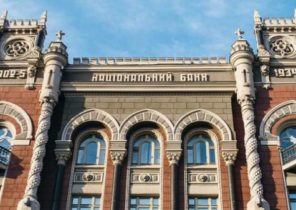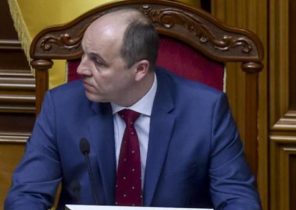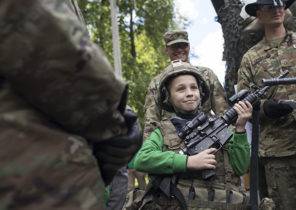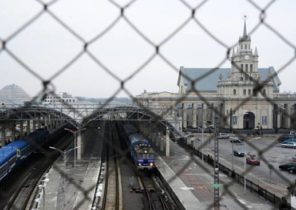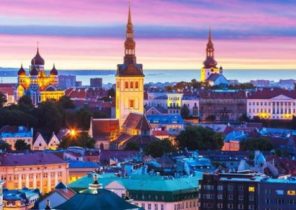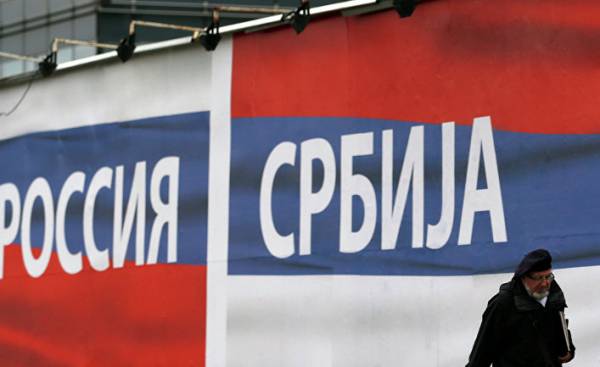
The Minister of defence of Austria Hans-Peter Doskocil warned about the growing influence of Islam in South-East Europe. “In the Balkans we see the gradual Islamization,” said the influential Austrian social-Democrat newspaper Die Welt. He’s watching developments with “great concern”.
“The prestige of the EU in the Balkans is reduced. Turkey and Saudi Arabia, on the contrary, increase its influence,” said Doskocil.
Ankara has become increasingly influential in Kosovo, Albania and Serbia. “Because of this development I think is unacceptable for Turkey to place more troops in the Balkans in the framework of NATO operations”, — said the Minister. Such superiority is not in the interests of the Europeans. “Germany and other States could not reduce their participation in the Balkans, so as not to upset the balance of forces and the process of stabilization of democracy in the region”, — said Doskocil.
Austria, which is not included in the defense of the Union, now represented in the Balkans in the framework of the so-called “Partnership for peace”, where it deployed about 700 troops. But as Ankara prohibits further participation of Austria in the partnership programs because of the criticism of the policy of the Turkish government from Vienna, their number may decline in the long term. There are indications that Turkey will attempt to fill this vacuum.
For many decades, the Balkans are considered a natural sphere of influence of the EU. If Europeans were weak, and generally helped US. But this system increasingly fails. On the scene of new players — and they increasingly expand their influence.
Turkey is trying to win the hearts of people through the repair of partially destroyed by the war of the mosques in the cities of Banja Luka and Sarajevo (Bosnia), Prizren and Pristina (Kosovo), or large investments in poor rural areas of Bosnia, and southern Serbia. In Kosovo, the Turkish companies are represented in the food industry, largely in road construction and energy. Turkish influence is also growing in Albania.
In 2003, the EU promised the Western Balkan countries that one day they will become members of the EU, but many countries are frustrated because the accession negotiations almost no progress. On the other hand, Brussels has stressed that the Balkans should be more rigidly to fight against corruption and carry out reforms.
The EU is the biggest donor
For many years the region receives from the EU financial assistance for the billions of euros. But the commitment of the Europeans seem not too important for the population. In Serbia, the EU became the largest donor, the Union contributes to promoting reforms and economic projects, allocating grants amounting to about 1.5 billion euros (2020). However, Russia and Turkey are perceived as the most important supporters of the country. “For the European Union it can only mean that our commitment to the Serbian politics and civil society should be even more pronounced,” said David McAllister (CDU), head of the foreign Affairs Committee of the European Parliament and an expert on the Balkans.
In addition to Turkey, its influence is expanding, and Russia. “The Balkans is no longer listening to Brussels,” wrote the state news Agency Sputnik in March. Moscow gave Serbia six aircraft of the type MiG-29. Russian oligarchs bought the majority of the Adriatic coast of Montenegro. The Bosnian Serbs lost their factories at Brod and Modric Russian companies.
